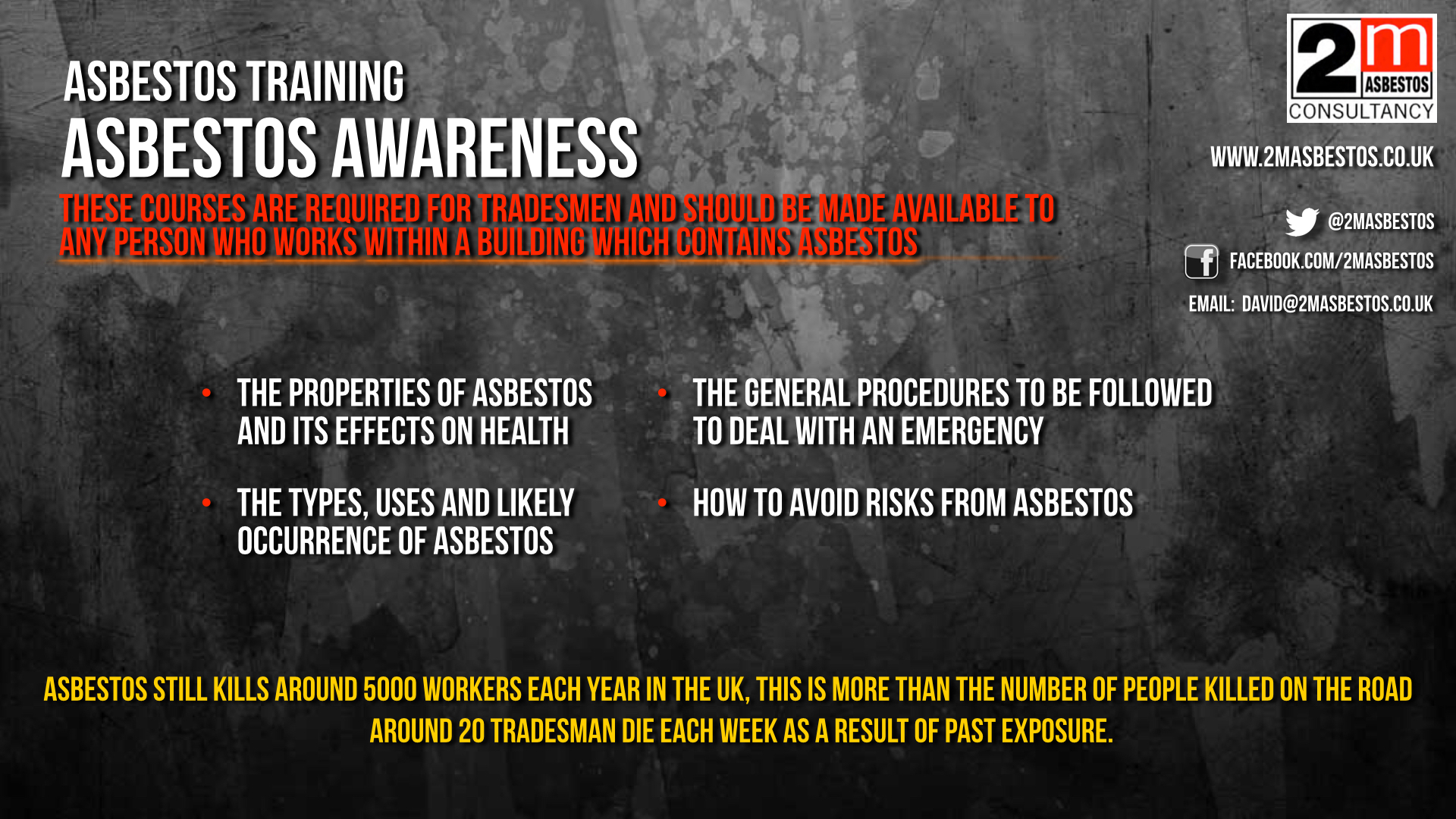More people are dying of an asbestos-related lung disease in Dartford and Gravesham than in most of the country, it has been revealed.
Between 2010 and 2014, 19 people died in Dartford and 30 people died of mesothelioma in Gravesham, giving mortality rates of 5.1 deaths per 100,000 people and 6.8 deaths per 100,000 people respectively.
The average for England and Wales is 4.4. Dartford is ranked 89th out of the 347 areas surveyed, while Gravesham is 27th.
Figures were obtained via a Freedom of Information request by the Association of Personal Injury Lawyers (APIL), submitted to the Health and Safety Executive.
It comes as APIL fights to preserve records of workers who have died or fallen ill due to negligent employers by warning Companies House against proposals to delete the details of defunct businesses after six years.
Companies House is a government-sponsored executive agency, which incorporates and dissolves limited companies, registers the information companies are legally required to supply, and makes that information available to the public.
APIL president Neil Sugarman said: “Sick and injured workers need Companies House records to identify their former employers and the relevant insurers so that they can pursue them for the full compensation they need.
“Victims of asbestos-related disease mesothelioma, for example, are dying because of exposure at work as far back as the 1980s.
“Some of those companies who exposed their employees to asbestos are now likely dissolved and the records would be deleted under the plans.
“Without a record of the original company entity, workers and their families may never see justice be served.
“APIL members represent many thousands who need their work records, or their deceased family members’ work records, to pursue recompense.
“There is no possible reason or motivation for deleting company records which should supersede the need to access information on behalf of vulnerable and ill individuals.”
According to the Department of Work and Pensions, there have been 3,128 mesothelioma claims in Great Britain in the last year.
Source: Kent Online



